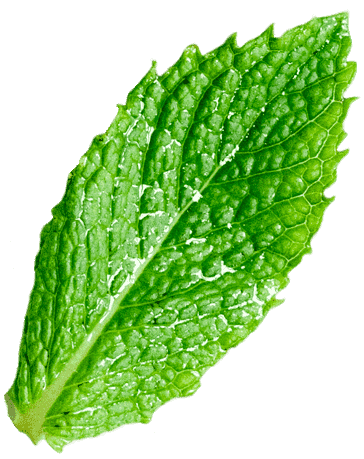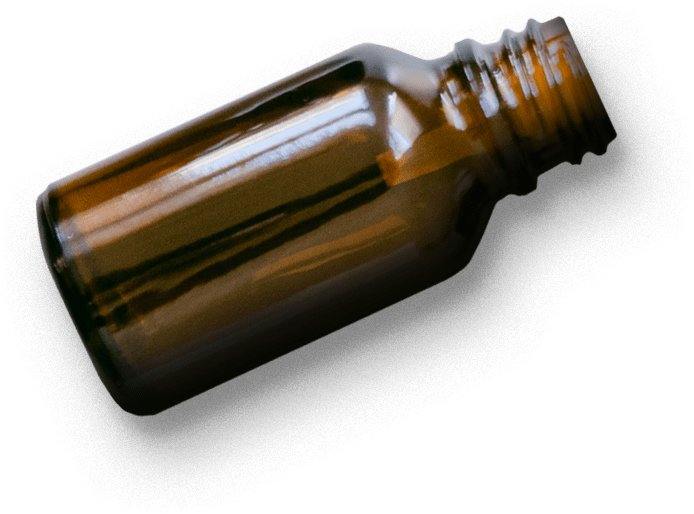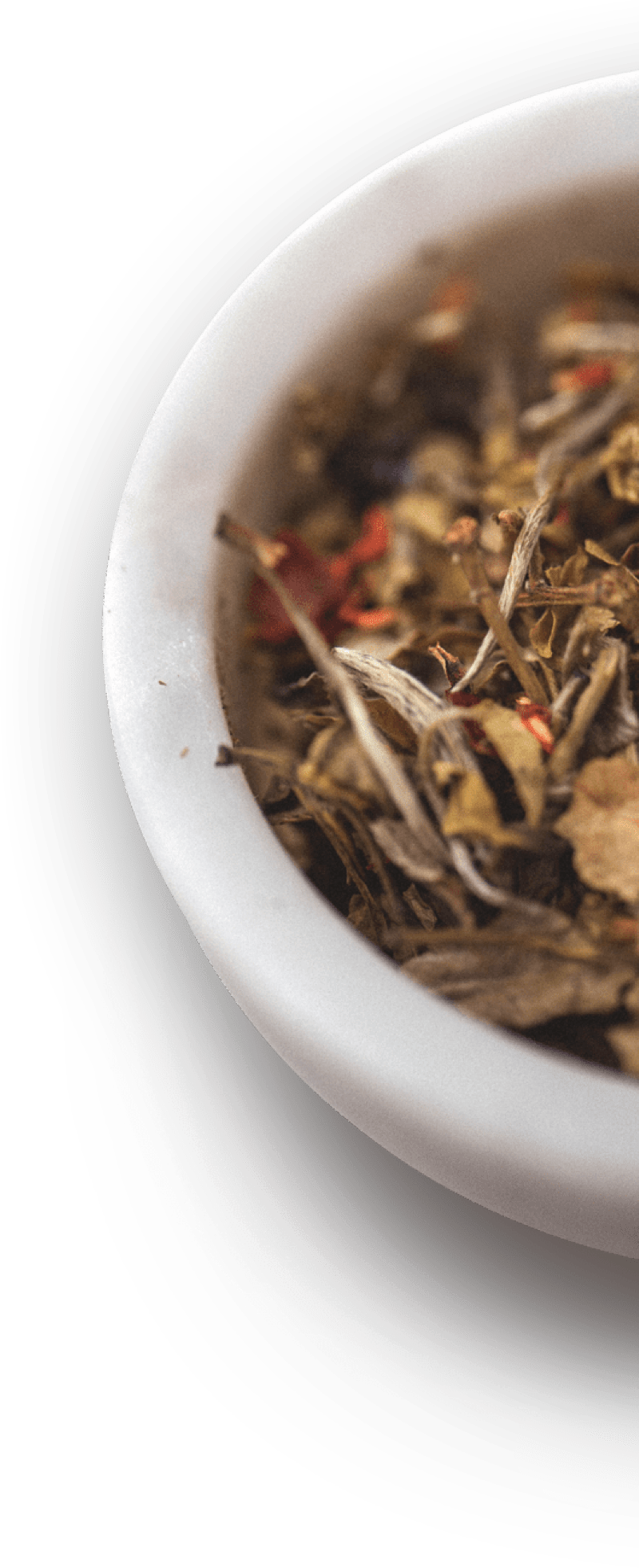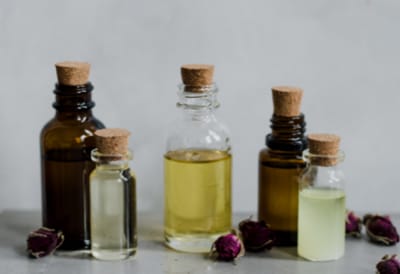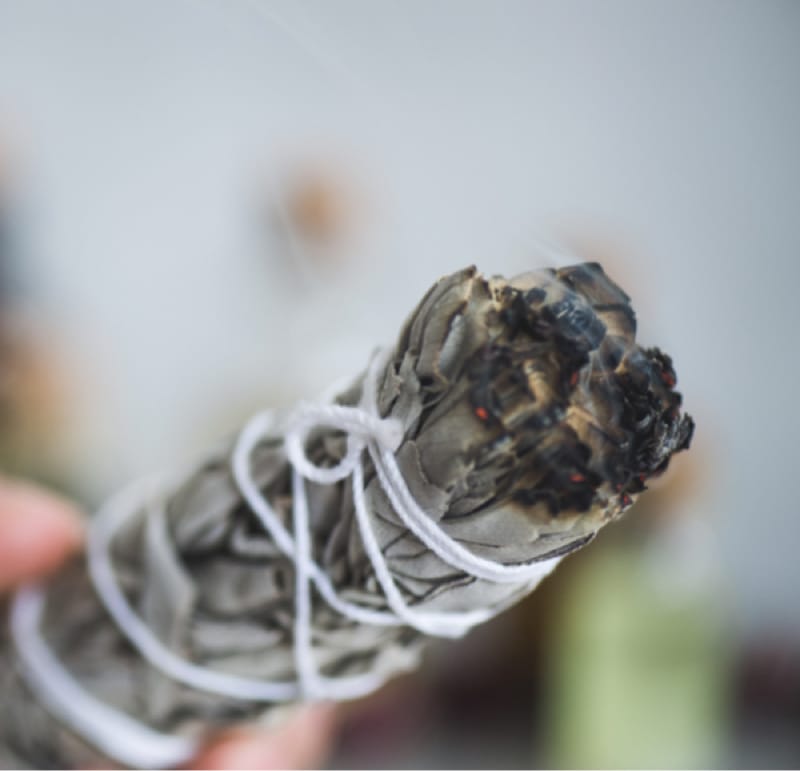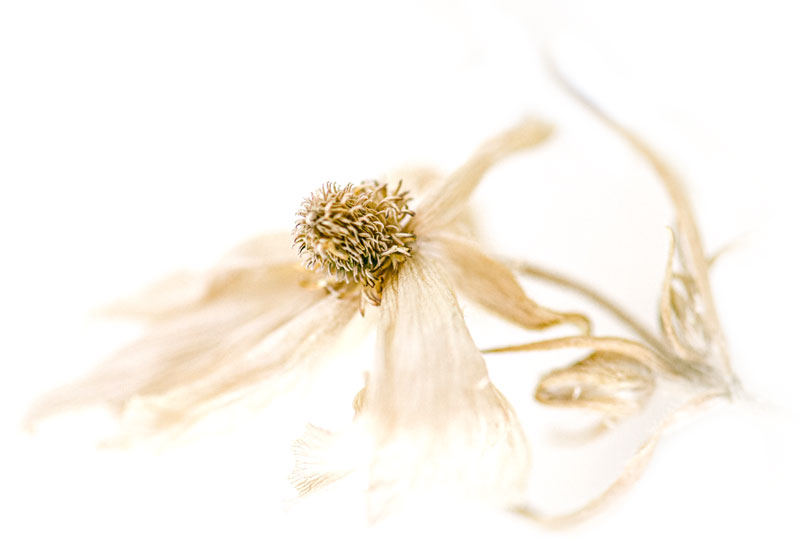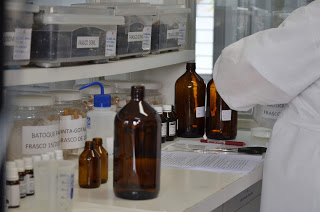
In this video, Dorly de Freitas Buchi PhD, give us a good tip to start the voyage in to homeopathy science!!!
So, a few days ago, my youngest son told me that he wanted to understand a little about homeopathy. He wanted to know a little more about homeopathy. And, “what he should do?” “Where he should start?”
I am not a homeopath, I am biologist, but I also like history. And, I like to do research. But, I think for us to come to any clearer conclusion of any subject, we have to know this subject.
So, in fact, I can not say something good or bad without knowing the facts all around. So much so that there is a saying in Brazil that says “we will only know what you feel if you wear the same shoes to know where the callus tightens.”
And to get to know the facts better, you have to know a little of history. One has to put the creator of homeopathy, the person who has achieved this great insight to discover how to take the toxicity off of products that has a therapeutic effect. How did this person come to this conclusion? And the historical moment in which that person was inserted when he lived.
So, I told my son that he should start by studying Hannemann‘s life. First, to locate this human figure within a historical context, because no one lives alone, one lives within a social, economic, religious context. In short, what is around is always influencing, and the other thing, to know also, about the brilliant mind of this person. Because it is not all the people who lived at that time, that have had access to the same things, but they were not able to have the same insight. So it seems to me that a good start to trying to understand homeopathy is studying Hannemann‘s life.
Everyone who has studied a little history, who has seen films that relate well to that time of the nineteenth century, knows what Europe was like back then. And can understand how a doctor who lived at that time and sees the patients going to the hospital, they die more than the patients who are out of the hospital. That the patients, who are treated by a doctor, die in greater quantity than patients treated at home, with the affection of the family, with simple treatments. He ended up being disgusted with the medicine of the day. And he decided he was going to stop killing his patients. Then he would stop practicing.
Because what existed at the time of therapy were aggressive rather than curative therapies. What he could do to support a large family he had? He could work with the nobles, at that time there was a relationship that was still a remnant of feudalism. There were great lords, palaces, castles, nobles …. and, a person who was a technician, as a doctor he was a technician, how could he earn money was by rendering service to those gentlemen.
And the service he was able to provide for these gentlemen was the translation service.
And, he could survive by doing translations for those nobles. He took the great classical books from Roman times as well as Greek philosophers, and translated so those nobles could have access, or at least they could pretend to their peers that they had read that.
With this, he made contact with several … He was not the first to speak of these things of high dilution. He made contact with other people who were also considered wise and who already spoke about it. The most famous of them is the Hippocrates. He was already talking about high dilutions and is considered the father of medicine to this day. The symbols of Hippocrates are used to this day in all medical courses.
Then, when he began to make translations of the books of Hippocrates, he saw that, much of what it contained there, it might be true until the time where he was.
And that for example, that probably lack of hygiene could be killing patients. Bleeding could be making it difficult for people to recover. Nowadays, we know that when blood is withdrawn from the person, the amount of leukocytes is decreasing, and therefore the quantity of defense cells.
At that time they had no idea. But, he could see that people could weaken, rather than recover, AND, they found more difficult getting their cure.
So, through those classic readings. This person, who in his twenties, knew twelve different languages. Which translated books of different origins. He has acquired a fantastic culture that we cannot calculate. Because nowadays, we no longer have access to that. We take it all superficially on Google. In fact, today, any questions we have, we enter into Google and have a summary.
That was not what he had. He had very thick books, with many pages, with drawings, with a difficult writing. And, not always with an accessible language. So he acquired a rare culture for that time and till for the current days.
And, why do I consider him a mastermind? Because he did not simply
And then, he began to do what we nowadays call science. He began experimenting. Repeat the experiments, repeat again, repeat.
And, what we do until today in the laboratory. He wrote down, minutely, everything he observed in the experiments. He wrote down everything the patients relayed to him. The changes that happened in the mood, changes that happened in the physical, in the emotional. He wrote carefully. And, he would repeat this experimentation in another individual, he noted carefully, so he was keeping records of those experiments.
And with these records, he managed to make a repertoire of the things they had in common between them. What is exactly like what we do today. I do not do experimentation for an individual. But, I do experimentation for many. In a cell plate I have 5 or 6 million cells. But, I have to make several little plaques, several little pieces to have a statistic.
All of compilated in will give me a statistic on the results that I am noting carefully. And that was what he did. With those results, where he could write it down everything and come out to conclusions, he set up a repertoire of each of the drugs he tested.
And, he was, let’s say, so obsessive inside his genius mind that almost all of the remedies that are used until nowadays have been tried carefully and compilated on the Hannemann’s age.

